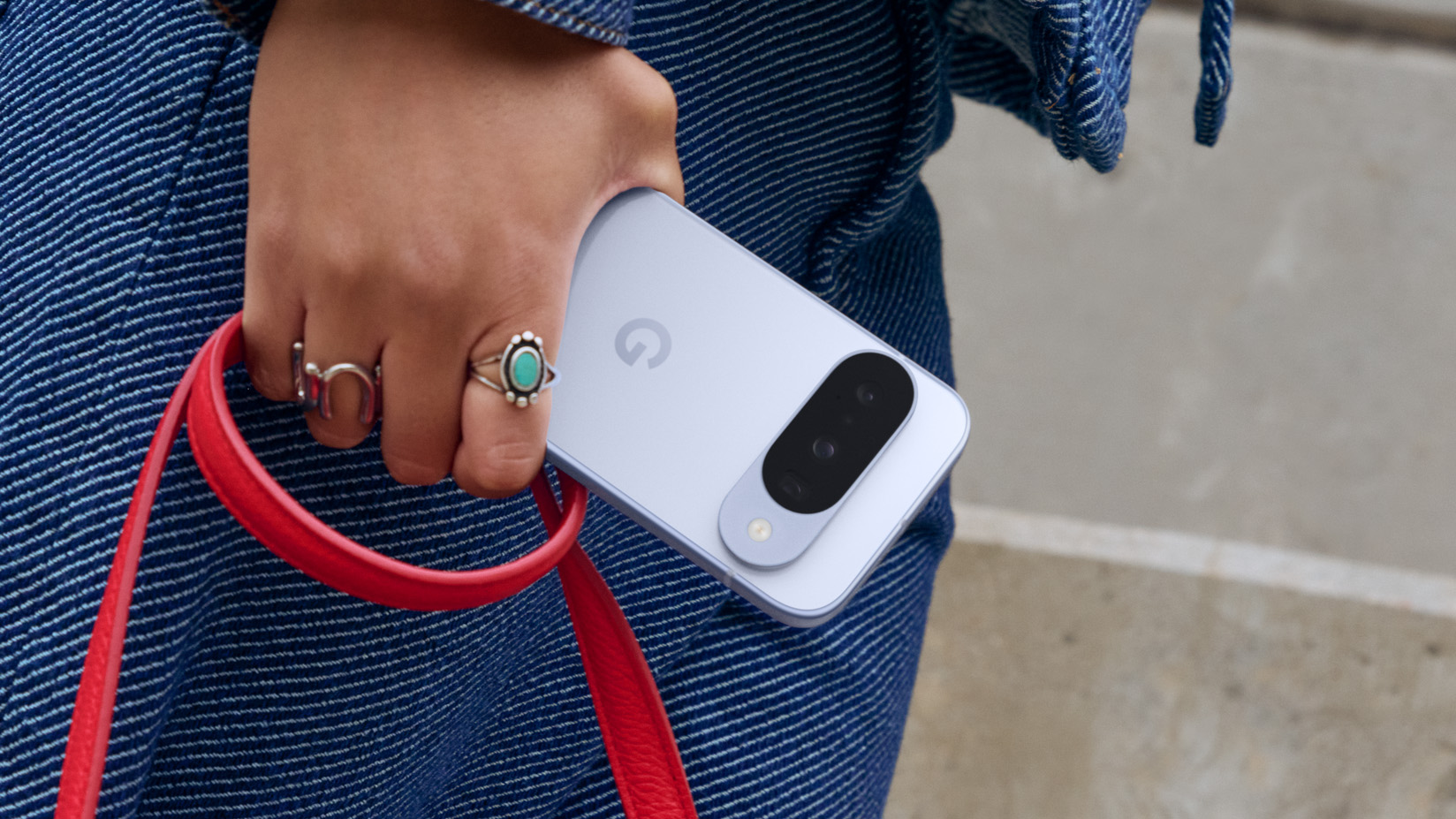5 benefits of composting and how it can enrich more than your yard
Why you need to compost right now
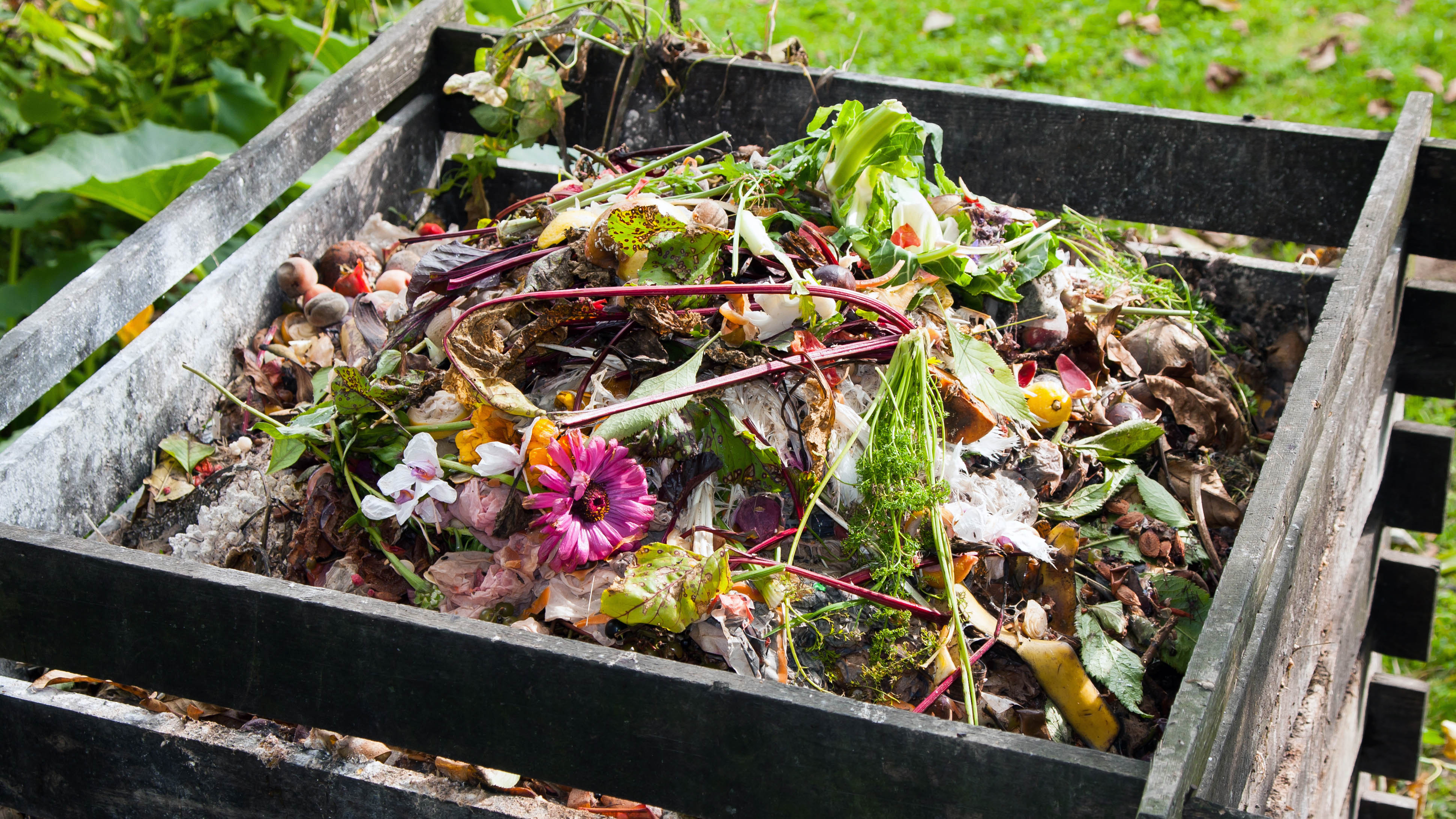
Composting is a great way to use up organic waste generated in our homes. When you learn that food and garden waste account for more than 28% of what we throw out, according to the U.S. Environmental Protection Agency (EPS), you’ll realize that composting is a good idea.
Not only does it reduce the burden on the environment and is supported by funding initiatives by the U.S. Department of Agriculture (USDA) to reduce food waste and greenhouse gas emissions, but it also benefits communities and enhances soil health.
Although composting has wider benefits beyond our local communities, it helps at every level, and is an excellent way to improve what you grow in your own backyard.
1. Composting is a natural way to recycle
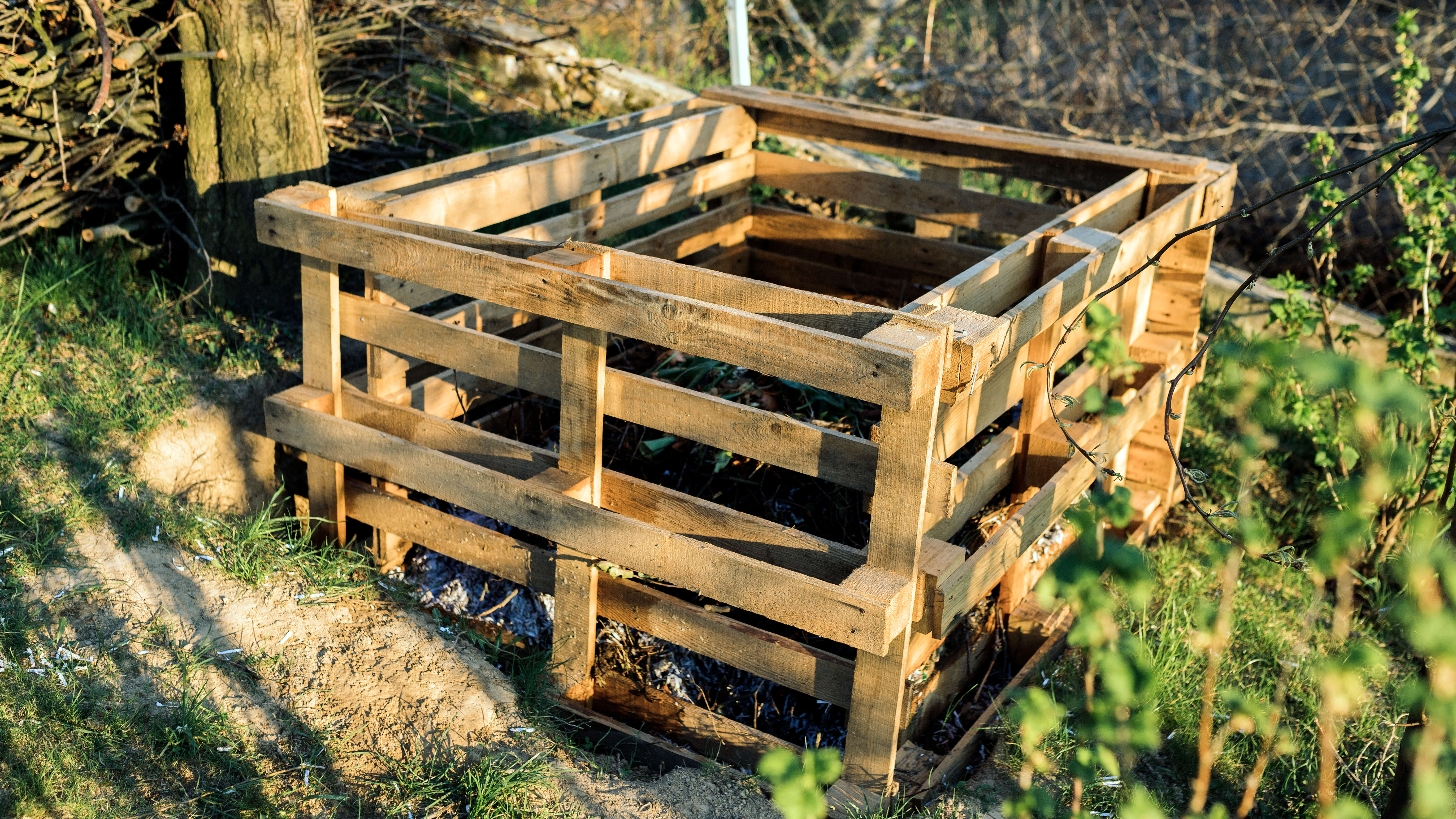
Plenty of items can be added to a compost bin that can be saved from filling up landfills while creating a natural way to recycle. The USDA says: “It is one of the most powerful actions we can take to reduce our trash, address climate change, and build healthy soil.”
You’ll have no shortage of items to add to your compost. The USDA says that green materials, including fruit and vegetable scraps, used tea leaves and tea bags, coffee grounds, crushed eggshells, grass clippings, green plant cuttings, old flowers and many weeds, can all be added. However, be warned that some weeds should not be composted, including Japanese knotweed, dandelions and bindweed.
Besides green items, brown materials, such as straw, uncoated shredded paper and cardboard, can also be added. Dry leaves, woody prunings and sawdust will also make good compost.
2. Composting is free and saves on your trash bill
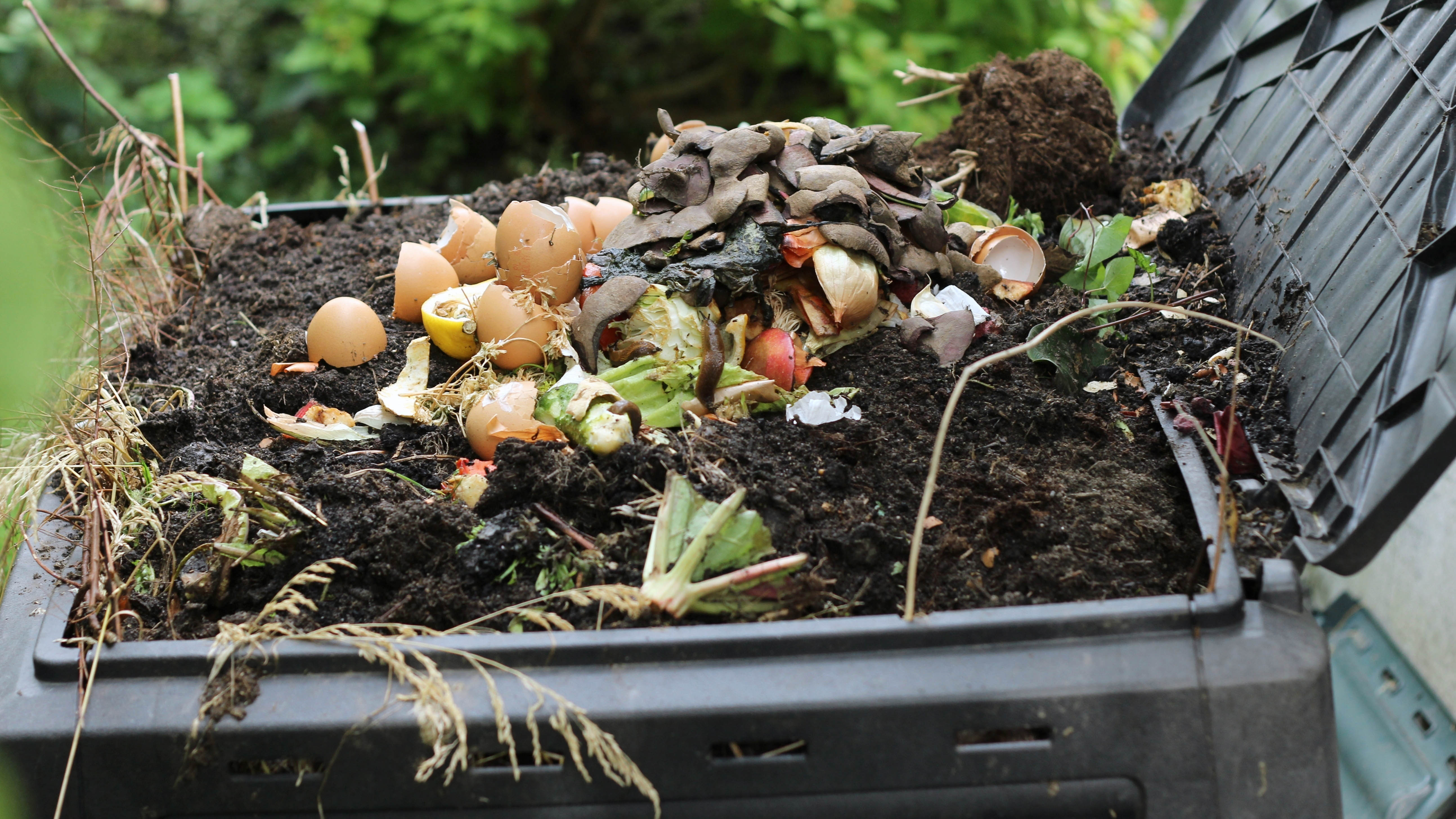
The benefit of composting is that it’s free to produce — it just takes your time. Collect your waste, pile it on your compost, and then aerate it by turning it with a fork every week or two.
Get instant access to breaking news, the hottest reviews, great deals and helpful tips.
Although most people prefer to use a compost bin to contain the waste, creating a heap is just as easy, and it won’t cost a dime to get started. If you have a small backyard, a static or tumbling compost bin is a good option as they are more compact and will keep the organic matter out of sight, although if you have a larger patch, a compost heap may be easier to manage as you won’t be restricted with a contained space.
You may also find that some U.S. states offer discounted incentives to purchase compost bins or provide them for free.
3. Organic matter promotes healthy plants
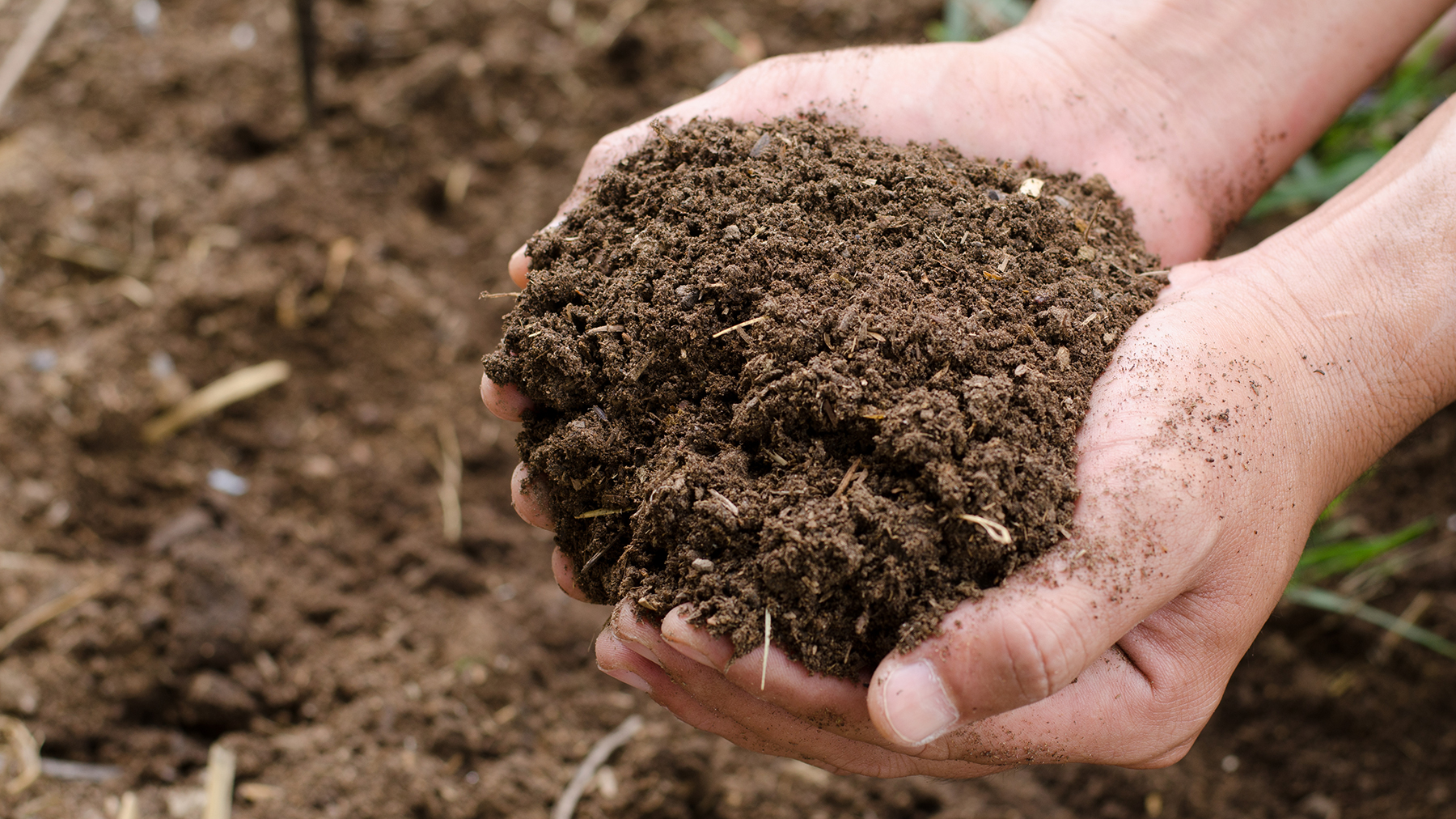
The U.S. Composting Council firmly believes in the benefits of compost and says it’s well-known for its contribution to supporting healthy and resilient plant growth, stating: “It helps to balance soil density, adds and retains nutrients and discourages diseases, pests and weeds.”
The USDA adds that compost also attracts beneficial organisms to the soil and reduces the need for pesticides and fertilizers — another bonus that protects the planet and saves your pocket.
4. It’s a multi-purpose garden essential
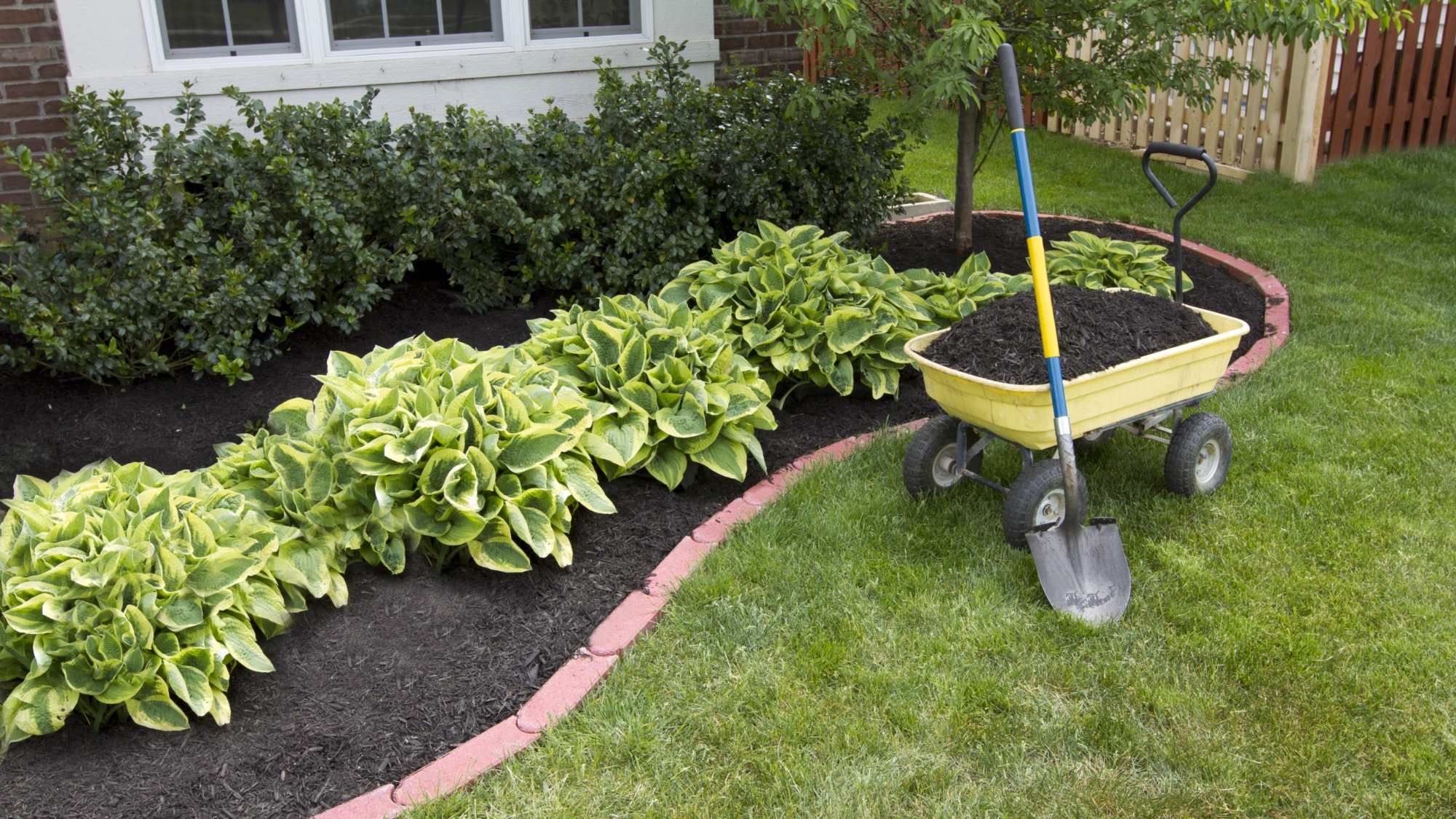
Once your compost is ready — it will be rich brown in color and crumble easily — it can be used throughout your yard. However, expect it to take a few months to ‘mature’, although this will depend on the amount you are composting.
Add it to flower beds and vegetable crops, window boxes, and containers. It can also be used for houseplants if mixed with potting soil.
Apart from being added to soil to improve its condition, it can also be used as a mulch. The EPA suggests loosening up 2-3 inches of your soil before adding a 3-inch layer of compost on the surface around the plant’s stems or tree trunk.
5. Composting helps you realize how much you waste
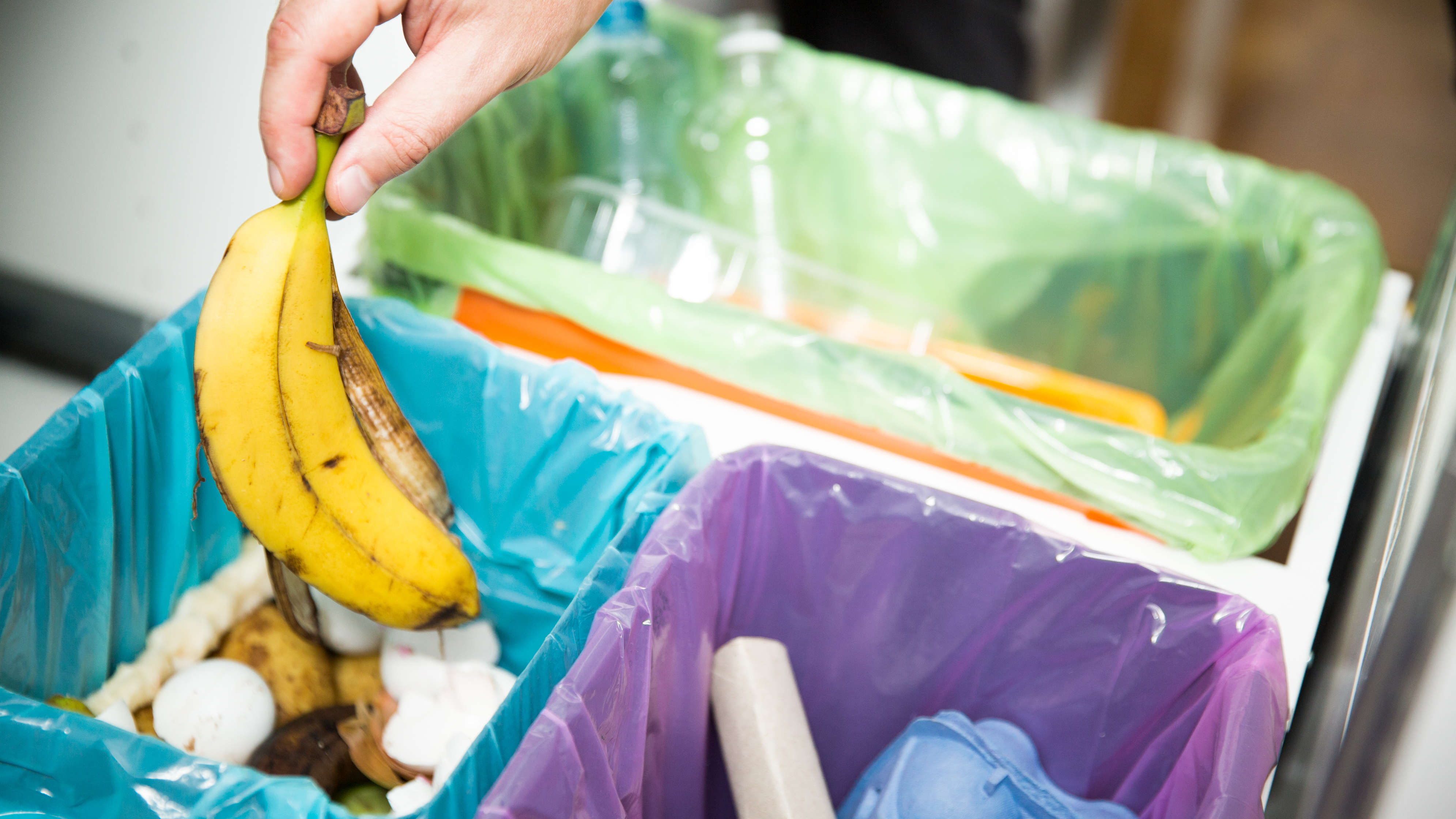
Collecting your food waste to compost makes you more aware of how much goes to waste, with the added benefit of making you rethink what and how much you buy. Those peppers you brought from the grocery store, which were left uneaten and discarded, or those potatoes that produced eyes before they could be chipped, make you consider how much to buy in the future.
One of the worst cases is the amount of bagged salad leaves that go slimy before they are eaten. A report by Statistica projects that over 251 million American will use bagged or packaged salads in 2024. Previously, the Guardian in the U.K,. reported that over 40% of bagged salad was thrown away — that's food for thought!
More from Tom's Guide

Camilla is the Homes Staff Writer and covers everything to do with homes and gardens. She has a wealth of editorial experience, mounting over 30 years, and covers news and features, tests products for reviews and compiles buying guides.
Her work has appeared in business and consumer titles, including Ideal Home, Real Homes, House Beautiful, Homebuilding & Renovation, and Kitchen & Bathroom Business. She’s even appeared on the cover of Your Home, writing about her own house renovation.
Although she’s obsessed with decorating her home, she also enjoys baking and trying out the latest kitchen appliances. But when she’s not inside, you’ll find her pottering about in her yard, tending to her vegetable patch or taking in her prized hydrangeas.
 Club Benefits
Club Benefits





